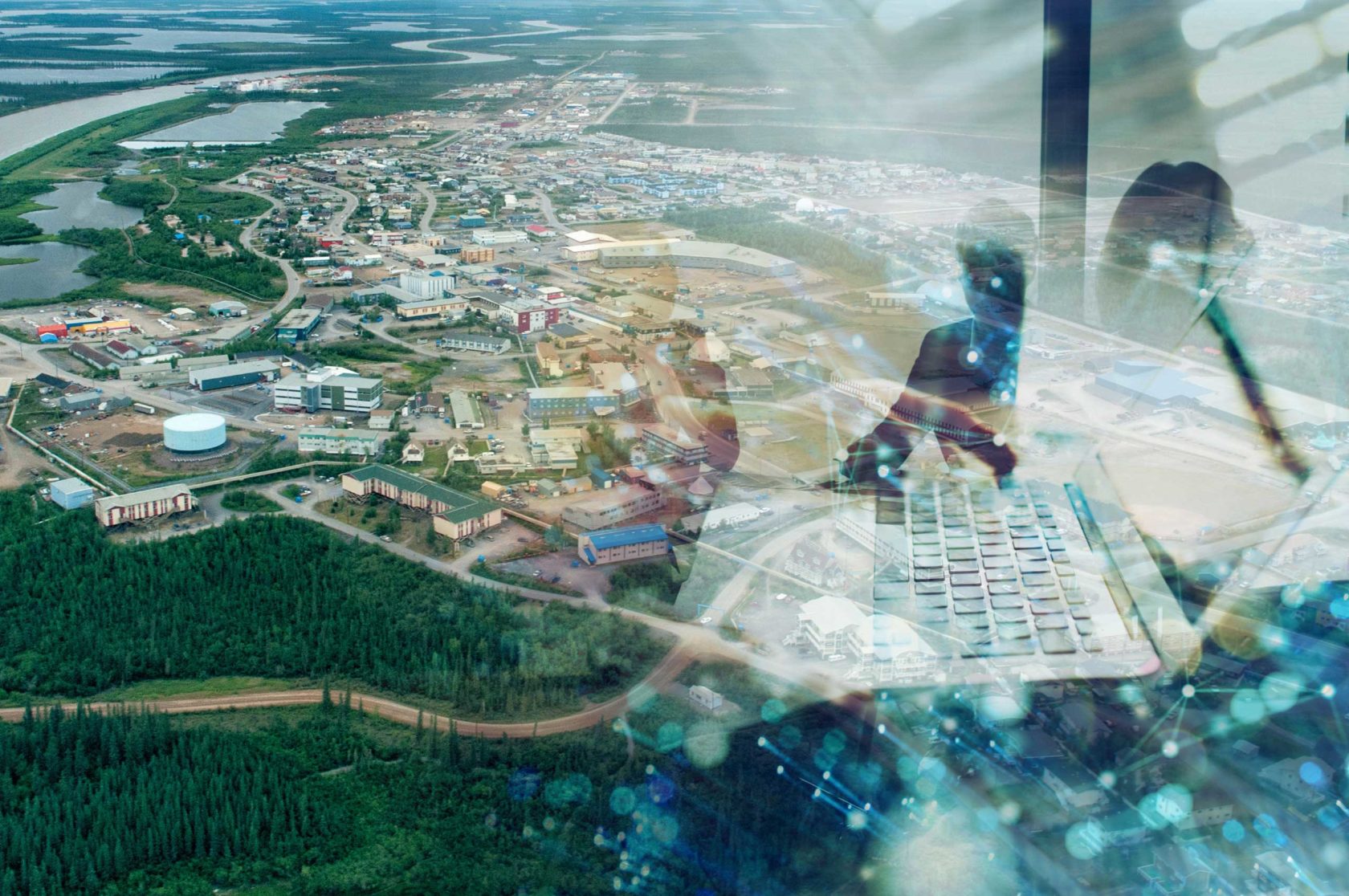
Broadband connectivity is a necessity for remote Coastal First Nations communities throughout Haida Gwaii, the North and Central Coast and the Great Bear Rainforest region. High-speed reliable internet connection not only links us with loved ones, but underpins all commitments, including renewable energy, environmental monitoring, economic development, health care, education and wellbeing.
As infrastructure investment continues to grow, these local economies are well positioned to transform through connectivity and innovation.
The Coastal First Nations Connectivity (CFNC) Network program led by the Coastal First Nations – Great Bear Initiative aims to build prosperity through local job creation and skills development in coastal communities. This program has created six new in-community technology and innovation-focused jobs, with five “connectivity champions” trained to develop, deploy and maintain broadband connectivity infrastructure within their designated regions.
Supporting Coastal First Nations communities to be leaders in the latest technology and innovation removes imposed barriers to work, education and healthcare—while clearing a path forward for new opportunities and growth. It also promotes the open sharing of cultural wisdom, storytelling and environmental sustainability leadership, which is key to reconciliation efforts.
“The access provided through the Coastal First Nations Connectivity Network will support the potential of our community members. Equipping remote communities with hi-speed internet levels the playing field for opportunities in remote work, education and links to telehealth,” says Paige Richardson, Coastal First Nations Haida Gwaii Connectivity Coordinator.
Over the next few months, the connectivity champions will be building relationships within their Coastal First Nations communities, assessing community needs and identifying new opportunities for collaboration and innovation, cultural heritage preservation and environmental stewardship projects.

“We see true prospects for transformative change through capacity building on our own terms. With ownership and local management of connectivity initiatives, we are excited about all of the possibilities the CFNC Network program opens, and feel we are at a leapfrog moment to grow sustainable economies that are empowered by tech partnerships and solutions. The Heiltsuk are already savvy tech users and consumers. Now we seek to become makers and creators, and that is what we can do through successful initiatives such as this.”
CHRIS LECHKOBIT CARPENTER
Economic Development Officer and Constitution Advisor with the Heiltsuk Nation
